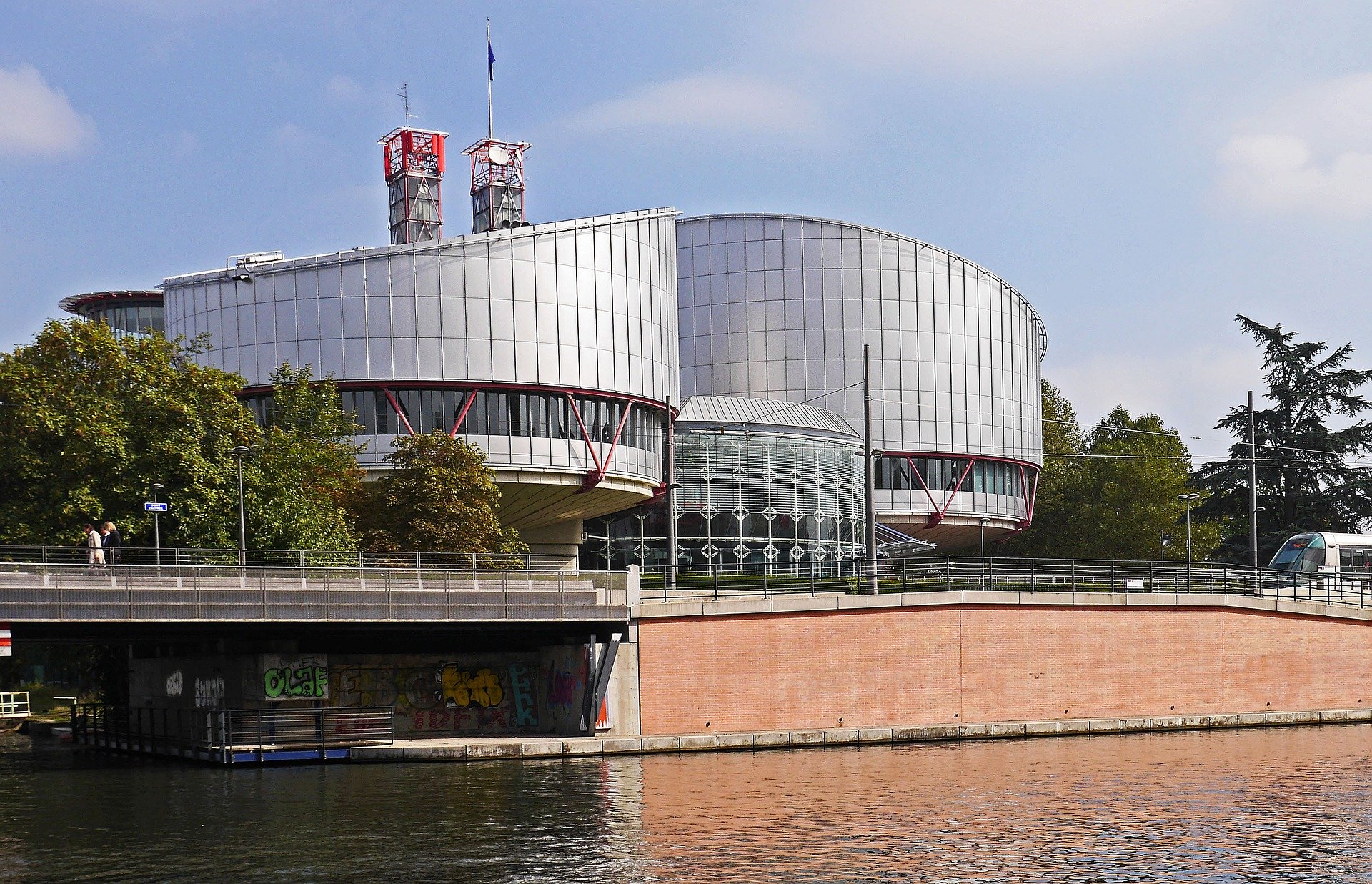ECHR: Network blocking in Russia violates human rights

The European Court of Human Rights (ECHR/ECtHR) in its judgment recognized the practice of blocking in Russia as incompatible with Articles 10 (the right to freedom of expression) and 13 (the right to a fair trial) of the European Charter of Human Rights.
Gregory Engels, Representative for International Cooperation and City Councillor of the Pirate Party of Germany in Offenbach, has brought an action before the ECtHR. He is the owner of the Internet domain rublacklist.net, which is used by the Russian NGO “RosKomSvoboda” (in English: Russian Committee for Freedom) to provide detailed journalistic coverage of the Russian network closures. Among other things, it keeps statistics on the websites blocked by the Russian Federation, including websites from Germany. In 2015, the portal explained to Russian Internet users how they can use anonymization services such as Tor, proxies or VPN (Virtual Private Network) to circumvent the website blocks imposed by the state monitoring committee. However, the Russian judiciary was bothered by this: according to a ruling by the Anapa city court, the entire extremist content of the Internet would thus be open to Internet users. The information about the anonymization services was removed, and Engels went through the court of appeal until the case was brought before the ECtHR in 2016.
The ECtHR ruled that the provision in Russian legislation under which web blocks can be imposed not only in cases of child abuse, drug trafficking or suicide advertising, but also whenever a court decides that “certain Internet content contains information the dissemination of which is prohibited in the Russian Federation” (Federal Law 149-FZ of 27 July 2006, Article 15.1 paragraph 5), is too far-reaching and does not provide legal certainty for website operators. The regulation would also violate the principle of prohibiting general blocking and filtering of networks, as adopted by the Council of Europe in 2011, and thus also Article 10 of the European Convention on Human Rights.
Furthermore, the ECtHR has ruled that the legal practice in Russia, according to which websites are blocked en masse by simple court decisions without a hearing, violates Article 13 ECtHR.
“With today’s ruling, the European Court of Human Rights has raised the hurdles for blocking websites much higher. Blocking a website is like banning a newspaper. There will be no more blocking like off the assembly line in the future“.
Gregory Engels explains the meaning of the judgement.

